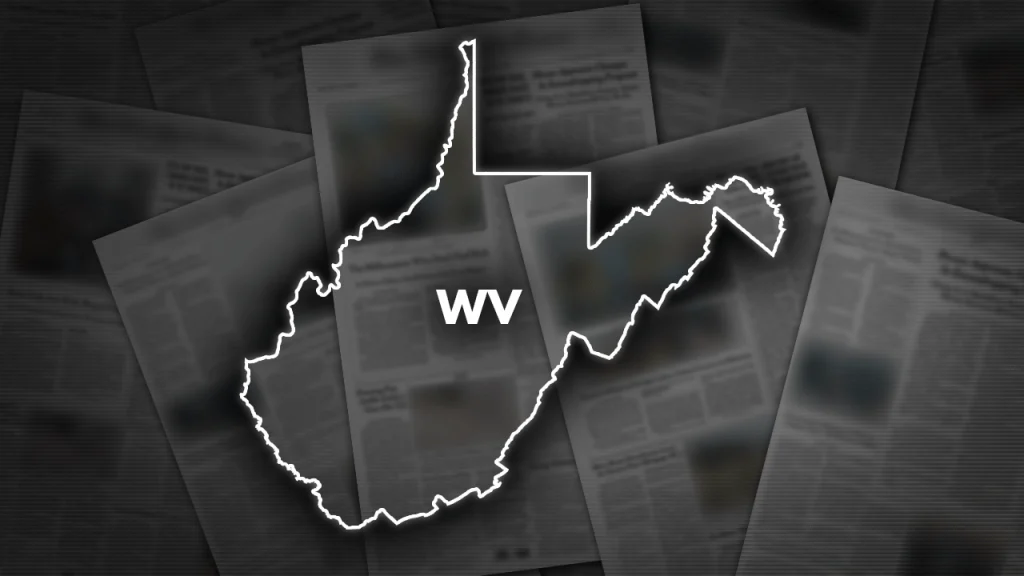Five middle school girls were prevented from competing in a track and field event after protesting a ruling that blocked a state law known as the “Save Women’s Sports Act,” which prohibited transgender girls from competing against biological girls. The 4th U.S. Circuit Court of Appeals deemed the law unconstitutional under Title IX, siding with the ACLU and Lambda Legal. The girls from Lincoln Middle School in West Virginia refused to compete after a transgender athlete participated in the meet, resulting in a forfeit. Attorney General Patrick Morrisey filed a lawsuit against the Harrison County Board of Education on their behalf.
Morrisey expressed support for the students and their parents, praising their protest against what they saw as unfairness and discrimination. He emphasized the importance of exercising freedom of speech and expression and standing up for their beliefs. The girls were commended for speaking out and taking a stand, with Morrisey stating that they should not be punished for their actions. The case involving the students was heard by a Harrison County Circuit Court judge, and the Attorney General vowed to continue supporting them.
In response to President Biden’s new Title IX regulations that included protections for transgender athletes, Arkansas Governor Sarah Sanders signed an executive order to address the issue. Six states also sued the Department of Education over the overhaul of Title IX regulations, demonstrating the ongoing debate and legal challenges surrounding this issue. The situation in West Virginia involving the middle school girls highlights the complex and contentious nature of transgender athletes’ participation in sports and the legal battles that ensue.
The girls’ protest and subsequent exclusion from the track and field event sparked a wider discussion on transgender participation in sports and the rights of biological girls to compete against those who identify as female. The lawsuit filed by Morrisey on behalf of the students brings attention to the legal implications of the state law and the court’s ruling, as well as the broader implications for Title IX and gender equality in sports. The actions of the students in standing up for what they believe in have drawn both support and criticism, reflecting the ongoing debates and tensions around transgender rights and women’s sports.
The case in West Virginia comes amid a broader national debate on transgender rights and participation in sports, with conflicting rulings and actions at the state and federal levels. The involvement of the Attorney General and the Governor in responding to the situation underscores the significance of the issue and the different perspectives and approaches taken by various stakeholders. The girls’ courage in speaking out against what they saw as unjust treatment has resonated with many, highlighting the importance of standing up for one’s beliefs even in the face of adversity.
Overall, the situation involving the middle school girls in West Virginia reflects the complexity and controversy surrounding transgender athlete participation in sports and the legal challenges that ensue. The case has sparked discussions on Title IX, gender equality, and the rights of both transgender and biological female athletes. The actions taken by the students, Attorney General, and Governor demonstrate the ongoing debate and legal battles surrounding this issue at both the state and national levels. Ultimately, the students’ protest and the response to their exclusion from the event have brought attention to the broader implications of transgender rights in sports and the efforts to address these challenges through legal and policy measures.


